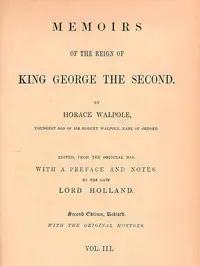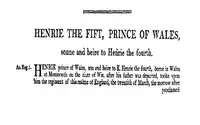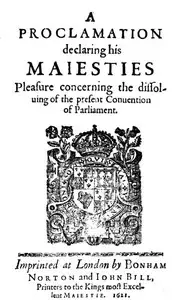** "King Henry VI, The Second Part" by William Shakespeare is a historical drama that explores the tense and treacherous world of English politics in the 15th century. The play begins with King Henry VI's marriage to Queen Margaret, a decision that sparks immediate discord among the nobles, especially the Duke of Gloucester, who views the union as a threat to England's honor. As the story progresses, grievances over lost French lands fuel the growing discontent, and the Duke of Gloucester emerges as a central figure of opposition. Accusations of betrayal and unchecked ambition fill the royal court, setting the stage for a series of conflicts that undermine the stability of the English monarchy, and the early seeds of factionalism are shown, promising dramatic battles for power. **

King Henry VI, the second part
By William Shakespeare
** In a kingdom rife with political conspiracy, a controversial marriage ignites a powder keg of ambition, treachery, and rebellion that threatens to tear the crown from the ruling family.
Summary
About the AuthorWilliam Shakespeare was an English playwright, poet and actor. He is widely regarded as the greatest writer in the English language and the world's pre-eminent dramatist. He is often called England's national poet and the "Bard of Avon". His extant works, including collaborations, consist of some 39 plays, 154 sonnets, three long narrative poems and a few other verses, some of uncertain authorship. His plays have been translated into every major living language and are performed more often than those of any other playwright. Shakespeare remains arguably the most influential writer in the English language, and his works continue to be studied and reinterpreted.
William Shakespeare was an English playwright, poet and actor. He is widely regarded as the greatest writer in the English language and the world's pre-eminent dramatist. He is often called England's national poet and the "Bard of Avon". His extant works, including collaborations, consist of some 39 plays, 154 sonnets, three long narrative poems and a few other verses, some of uncertain authorship. His plays have been translated into every major living language and are performed more often than those of any other playwright. Shakespeare remains arguably the most influential writer in the English language, and his works continue to be studied and reinterpreted.


















